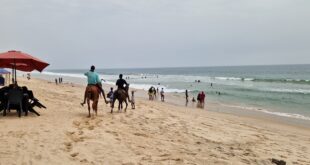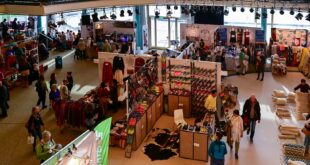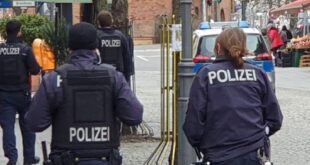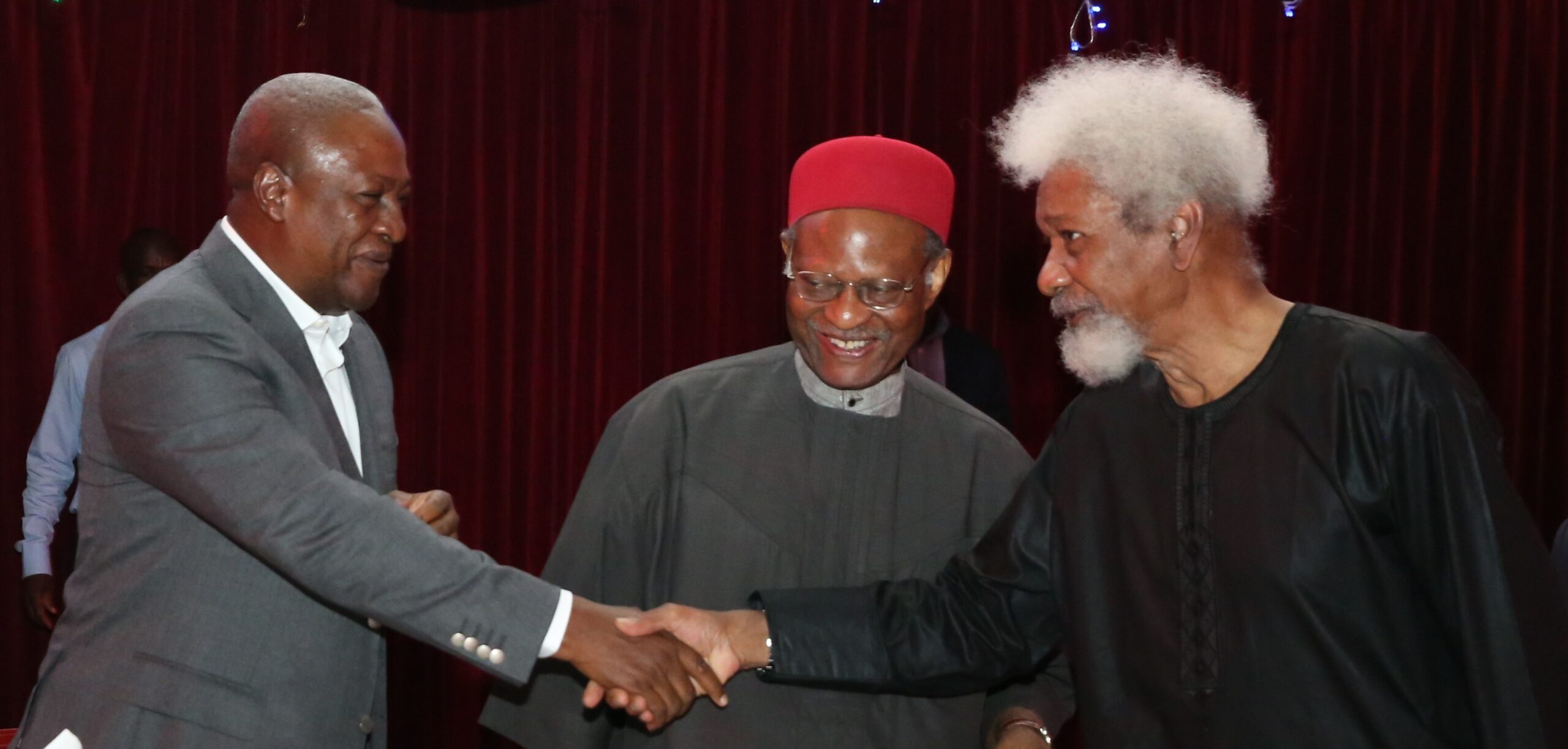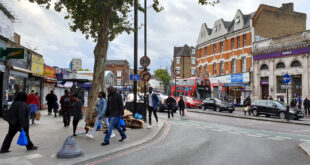One of the recipients of the MoneyGram-sponsored “Afrika! Community Award 2017” is an organization that carries out diabetes enlightenment campaign in Africa. Femi Awoniyi writes on how a Diaspora initiative is making a positive impact in the continent.
There are hundreds of African organisations in Germany working in different fields to make an impact not only on their community in this country but also on people back home in Africa.
MoneyGram, the global money-transfer company, is the first corporate body to recognize the work of these associations and clubs this year when it introduced the “Afrika! Community Award”. Four organisations emerged winners of the maiden edition of the award and each of them received a cash donation of 1,000 euros for the support of their activities. One of the award recipients is the Diabetes Care West Africa e.V. (DCWA).
Founded by the Nigerian-born George Ezeani, the group carries out information campaign to raise a greater awareness about diabetes in West Africa.

Ezeani, a bio-medical laboratory technician, was motivated to start the initiative after receiving frequent news of members of his extended family who died of seemingly mysterious causes in Nigeria.
While the dead in Africa were often regarded as victims of juju, a traditional belief, the Nigerian, a trained diabetes educator who worked in research at the university hospital in Frankfurt, recognized a connection with the sugar disease.
“Until then, I thought it was just a rich man-disease,” he said of his final realization that diabetes was in fact the cause of these seemingly unexplainable deaths. Motivated by his partner, he decided to take his own knowledge of the disease home.
To be able to collect donations legally for blood pressure monitors and pay for their shipment and defray other costs, Ezeani, who has been living in Germany since 1992, founded the non-profit organization in 2011 in Wiesbaden.
The campaign has been very active in Nigeria, Ghana and Togo, where about 180,000 of the six million inhabitants were suffering under Diabetes Type II as at 2009. That the children in the country consume unhealthy food and drinks makes their susceptibility to diabetes foreseeable, Ezeani said. “In many places in Africa a bottle of water is more expensive than a Coca-Cola.”
As new lifestyles and imported dietary practices take roots in Africa, today, diabetes and its complications are considered an epidemic in Africa, compelling governments to start paying more attention to its impact as thousands run the risk of dying young.
The main activities of DCWA are: carrying out blood glucose screening, and offering seminars and workshops on diabetes and nutritional education. The overall objective of the organisation’s work is to enable an improved well-being of diabetes patients in the region.

Although the association has won several awards, such as the prestigious Thomas Fuchsberger Prize in 2015 and the Afrika! Community Award this year, the 52-year-old says he still lacks enough money to carry out training courses for health professionals in Africa. He also dreams of a bus for his trips through African villages in the fight against diabetes II. This will help him to transport blood pressure monitors and insulin as well as a mobile training station.
The MoneyGram-sponsored award is a great encouragement for the voluntary engagement in Germany’s African community, said Ezeani. And he hopes that other organisations will emulate the money-transfer provider.
Ezeani will head to Ghana in September in his continued campaign against diabetes in West Africa.
 THE AFRICAN COURIER. Reporting Africa and its Diaspora! The African Courier is an international magazine published in Germany to report on Africa and the Diaspora African experience. The first issue of the bimonthly magazine appeared on the newsstands on 15 February 1998. The African Courier is a communication forum for European-African political, economic and cultural exchanges, and a voice for Africa in Europe.
THE AFRICAN COURIER. Reporting Africa and its Diaspora! The African Courier is an international magazine published in Germany to report on Africa and the Diaspora African experience. The first issue of the bimonthly magazine appeared on the newsstands on 15 February 1998. The African Courier is a communication forum for European-African political, economic and cultural exchanges, and a voice for Africa in Europe.












